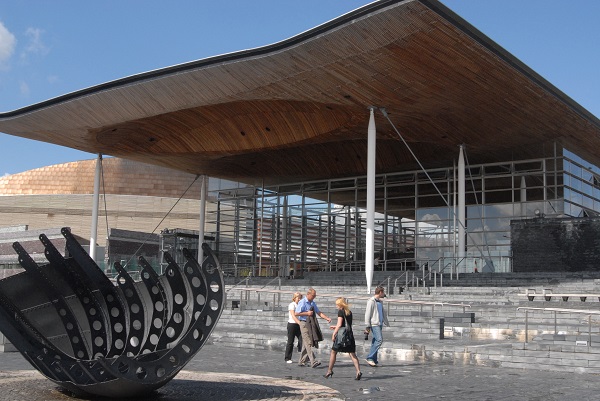 Economy
Economy 
The National Assembly for Wales is set to debate the Bevan Foundation’s idea of anchor towns on Wednesday 22nd January 2020, reflecting the value of the idea and illustrating the Bevan Foundation’s impact.
The short debate [1], tabled by Hefin David AM, is ‘The case for anchor towns: Their role in building a fairer economy‘. The concept of an anchor town was developed by the Bevan Foundation in a report published in November 2019. It brings together our earlier proposal for ‘growth poles’ in the south Wales Valleys, to balance the pull of cities such as Cardiff, with the potential benefits of anchor institutions and the Foundational Economy.
Anchor towns need to have a sizeable population within a relatively short travel time, with that population often straddling several local authorities. They need to have a number of local institutions based there, such as local authority offices, a college of further education and a local health board as well as some private sector services. Put simply, an anchor town is where local people go if they need a key public or private sector service. Crucially, there should only be a limited number of anchor towns – unlike the Welsh Government’s strategic hubs of which there are currently seven.
Institutions in anchor towns use their local leverage and profile to boost the profile and prospects of their town. They show leadership and vision. They combine their powers of procurement to develop the local supply chain and help to create and retain jobs. They work together to create job opportunities and build career pathways, not only in shortage occupations such as nursing or social care, but in digital and finance jobs, or skilled trades.
We are delighted that Assembly Members are interested in our proposal and hope that the Welsh Government will take it forward.
[1] Short debates allow any Assembly Member (other than a member of the government) to introduce any topic of interest. Unlike a normal debate, there is no vote at the end as there is no motion. The usual format is that a Member opens the debate and speaks for their allocated time, and that the Minister responsible for the subject responds.


